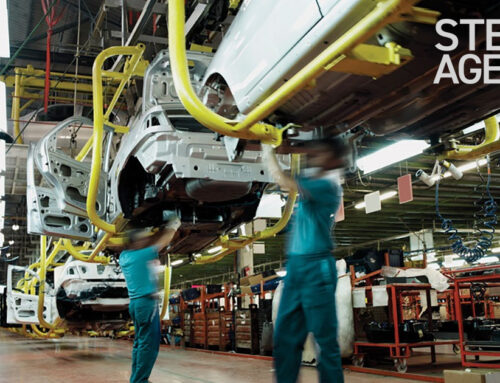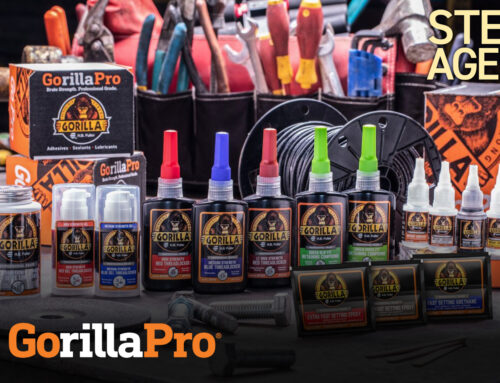Not all Stainless Steel is created equal. The Stainless Steel in your barbecue, for example, isn’t the same alloy that would be used in medical instruments or in your kitchen cutlery. There are a number of different alloys of Stainless, which may or may not include chromium, nickel, and molybdenum.
Since stainless steel resists corrosion, maintains its strength at high temperatures and is easily maintained, it is widely used in items such as automotive and food processing products, as well as medical and health equipment. There are MANY grades of stainless steel, but the most common US grades of stainless steel are:
TYPE 304
The most commonly specified austenitic (chromium-nickel stainless class) stainless steel, accounting for more than half of the stainless steel produced in the world. 304 Stainless is also known as 18/8 for its composition of 18% chromium and 8% nickel.This grade withstands ordinary corrosion in architecture, is durable in typical food processing environments, and resists most chemicals. Type 304 is available in virtually all product forms and finishes. Most of the hinges, latches, and other products that are listed as “Stainless Steel” on our website are 304 Stainless.
TYPE 316
Austenitic (chromium-nickel stainless class) stainless steel containing 2%-3% molybdenum (whereas 304 has none). The inclusion of molybdenum gives 316 greater resistance to various forms of deterioration. Some manufacturers specify 316 stainless in applications where the environment is particularly corrosive. Some continuous and butt hinges and a select few latches we supply are available in 316 Stainless.
TYPE 409
Ferritic (plain chromium stainless category) stainless steel is suitable for high temperatures. This grade has the lowest chromium content of all stainless steels and thus is the least expensive.
TYPE 410
The most widely used martensitic (plain chromium stainless class with exceptional strength) stainless steel, featuring the high level of strength conferred by the martensitics. It is a low-cost, heat-treatable grade suitable for non-severe corrosion applications.
TYPE 430
The most widely used ferritic (plain chromium stainless category) stainless steel, offering general-purpose corrosion resistance, often in decorative applications.
Some manufacturers reduce the cost by using a lower grade of stainless steel, which means your product won’t have the same resistance to corrosion that you’re expecting. If your current supplier can’t (or won’t) provide the material certifications or if you notice that your “stainless” latches are showing signs of rusting or oxidation, maybe we should talk.
Use our Contact Form to reach us and we’ll set up a time to meet, either on the phone or in person.





